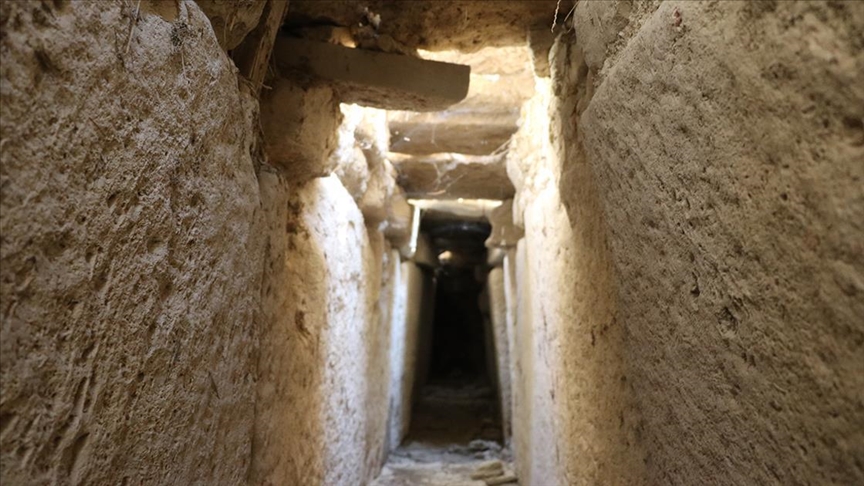2,000-year-old Roman sewage system unearthed in southwestern Turkey

The Anadolu Agency reports that a Roman-era sewerage system was discovered in southwestern Turkey’s ancient city of Tripolis by a team of researchers led by Bahadir Duman of Pamukkale University.
The excavation uncovered a 2,000-year-old sewage system in southwestern Turkey.
The Roman-era sewage system, 160 centimetres (5.2 feet) in height and 70 centimetres (2.3 feet) wide were discovered in the ancient city of Tripolis in the Buldan district of the Denizli province, said Bahadir Duman, head of the excavation team and a lecturer at the Archeology Department of the Pamukkale University.
“The gigantic sewage system has dimensions that a person can easily enter and walk in,” said Duman.
Noting that the sewerage system reveals the Roman architecture and engineering, he said: “The difference between the system in Tripolis and the others is that the sewers have been preserved until today.
The main sewage system is one of the rare examples. Thus, it’s important.”
